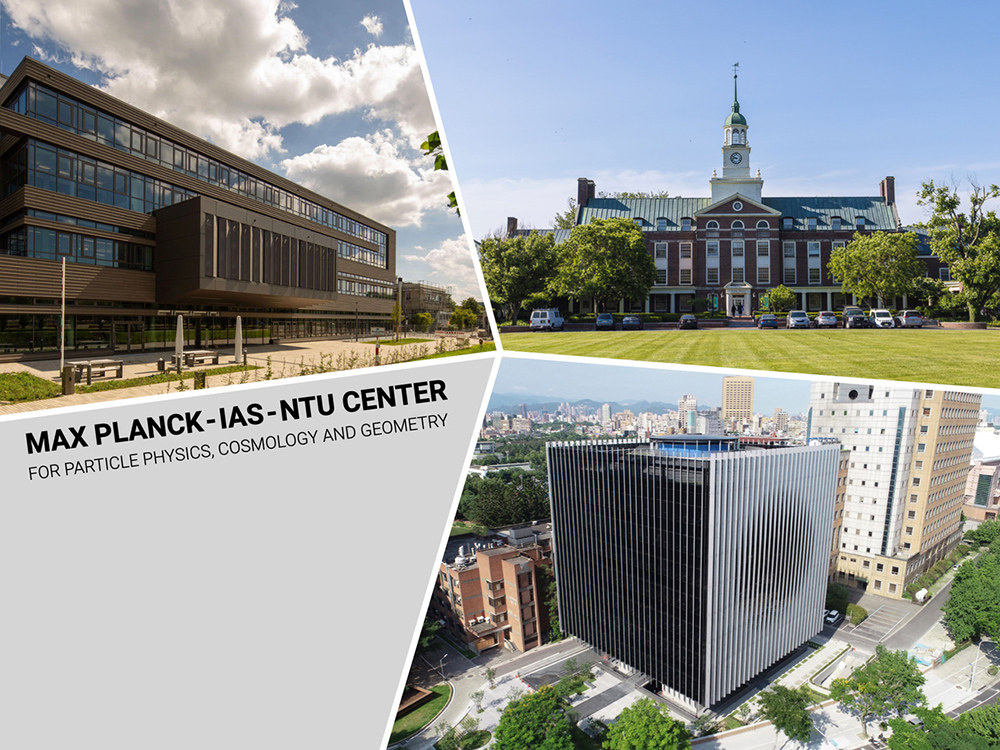
A Distinguished Global Research Center Established at NTU under Trilateral Cooperation
瀏覽器版本過舊,或未開啟 javascript
請更新瀏覽器或啟用 javascript
Spotlights
Executive Vice President Ching-Ray Chang attends the 2017 SATU Presidents’ Forum Steering Committee Meeting.
Executive Vice President Chang introduces the Campus-in-Campus course selection model between NTU and the University of Tsukuba.
Executive Vice President Chang illustrates the operating model of the NTU System.
The number of NTU students pursuing higher education in Southeast Asia increases by 2.7 times.
On October 28-29, Prof. Ching-Ray Chang (張慶瑞), Executive Vice President for Administrative Affairs, represented National Taiwan University (NTU) at the 2017 SATU Presidents’ Forum Steering Committee Meeting hosted by Prince of Songkla University, Thailand.
The Southeast and South Asia and Taiwan Universities (SATU) was established in 2005 by National Cheng Kung University to conquer the critical economic, societal, and political challenges facing the Southeast Asian region. With 87 member universities from 9 countries, namely Taiwan, Thailand, Malaysia, Indonesia, Vietnam, Singapore, Brunei, India, and the Philippines, experts and educators are gathered to exchange ideas and promote international collaboration. The biennial SATU Presidents’ Forum and annual SATU Presidents’ Forum Steering Committee Meeting are the two major assemblies where university presidents and senior international officers convene to strengthen academic collaboration among Taiwan and Southeast and South Asian countries. An inaugural committee member since 2005, NTU is serving on the 2017-2018 Steering Committee along with 15 other representatives.
Apart from reviewing the growth of activities and preparing for the 2018 SATU President’s Forum, the secretariat also organized two sessions to facilitate mutual understanding by sharing major strategies and developments of member universities. NTU’s Executive Vice President Chang was invited as a guest speaker along with National Cheng Kung University and National Tsing Hua University to join the session on Taiwan’s New Southbound Policy on Higher Education. In his presentation, Executive Vice President Chang introduced the four foci of NTU’s New Southbound Strategy: (1) partnerships and international alliance, (2) talent recruitment and cultivation, (3) alumni connections, and (4) industry-university collaboration. These foci were illustrated using successful cases such as the establishment of the NTU System and the collaborations with Taiwan Education Center in Malaysia, Taiwan-Thailand Resource Center for Economics and Industry-Academy Cooperation, Asia-Oceania Top University League on Engineering (AOTULE), Association of Southeast Asian Institutions of Higher Learning (ASAIHL), and Association of Pacific Rim Universities (APRU). Furthermore, NTU launched a Global Innovation Joint-Degree Program (GIP-TRIAD) with the University of Tsukuba in Japan and the University of Bordeaux in France this September, and hopes to adapt to and extend the concept of borderless education (Campus in Campus) to more Southeast Asian countries such as Thailand, Vietnam, and the Philippines.
With the launch of the government’s New Southbound Policy, SATU Presidents’ Forum has become an important medium for the collaboration between top universities in Taiwan and Southeast Asian countries. The six important missions of the forum are to: (1) strengthen academic cooperation among Taiwan and Southeast and South Asian countries, (2) foster multilateral academic and cultural exchanges, (3) enhance the quality of education, research, and community service, (4) establish exchanges with faculty members, students, and administrative staff, (5) promote industry-academy cooperation, and (6) develop sustainability in economy, society, and environment.
In response to these missions, Executive Vice President Chang illustrated NTU’s accomplishments with solid examples such as the NTU System’s partnerships with several Southeast Asian higher education consortiums, NTU’s industry-academy cooperation with Chulalongkorn University, and the overseas office space provided by Chulalongkorn University for NTU. At the same time, students in NTU’s Creativity and Entrepreneurship Program assist socially vulnerable groups to start businesses by counseling, providing service models, or raising funds while NTU’s administrative offices have been actively participating in international staff exchanges and workshops. These examples not only reflect our New Southbound strategies, but also demonstrate NTU’s efforts and advancement in teaching, research, and administration.
NTU’s Office of International Affairs will be receiving a delegation from Prince of Songkla University at the end of the year. After Executive Vice President Chang’s briefing at the SATU Presidents’ Forum Steering Committee Meeting, the Prince Songkla delegation will have the opportunity to gain an onsite perspective and a better understanding of NTU’s strategies and advantages during their visit.
(Source: Office of International Affairs, NTU)

A Distinguished Global Research Center Established at NTU under Trilateral Cooperation
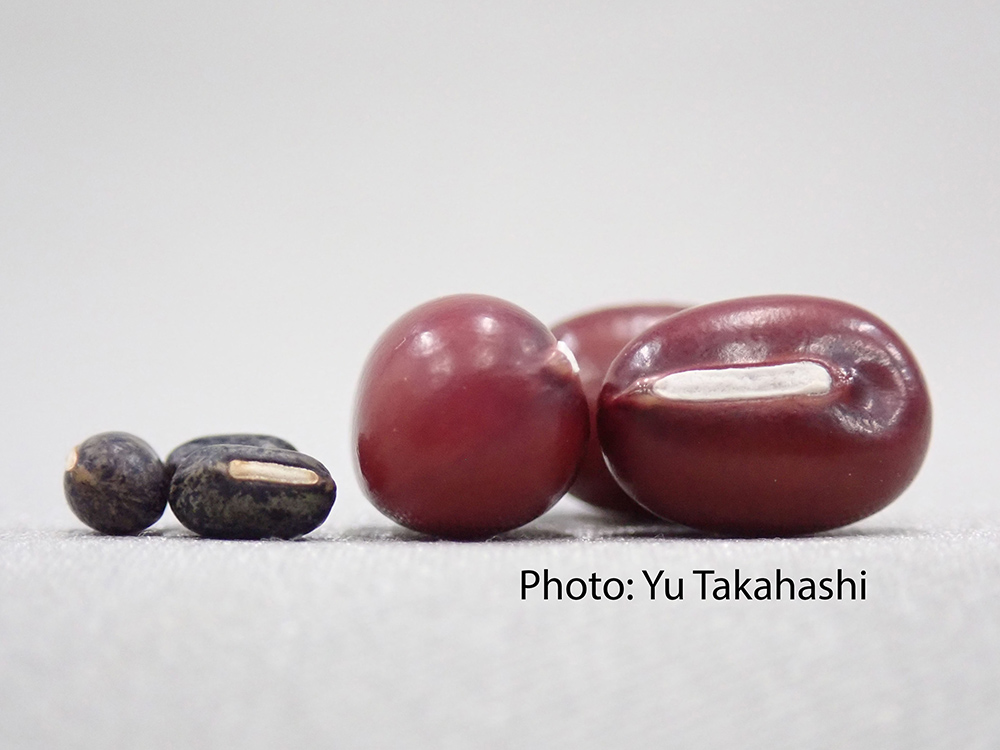
Collaborative study between NTU and Japan uncovers the origin of Adzuki Beans and agriculture in Japan
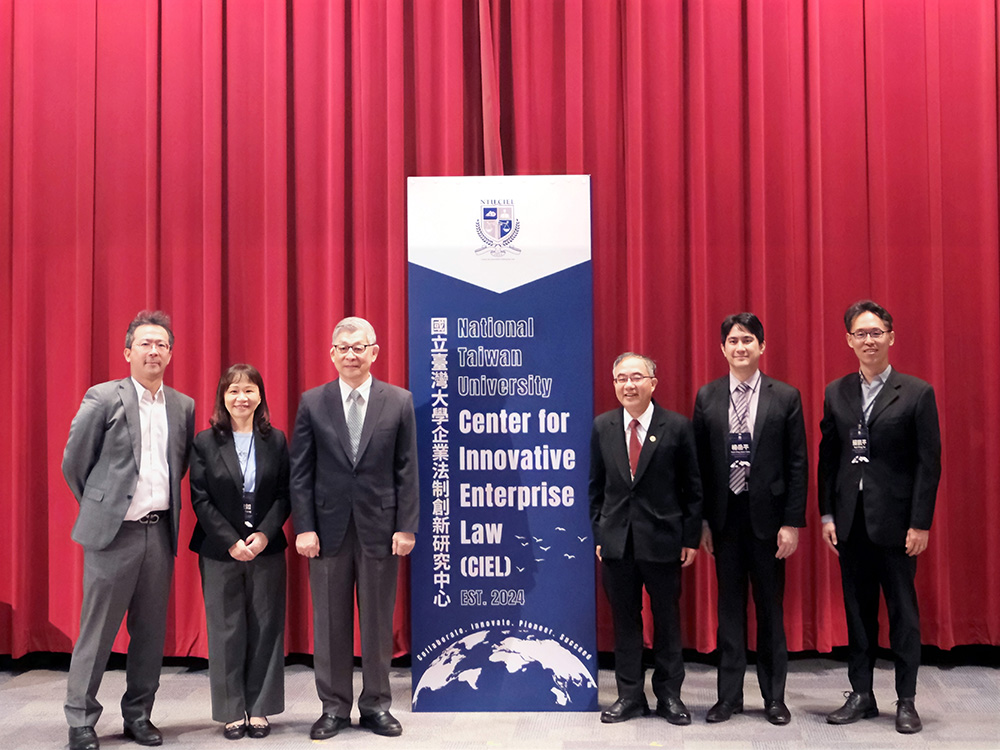
NTU Launches Center for Innovation in Enterprise Law—with Forum Highlighting Trump’s Policy and Legal Shifts Amid Geopolitical Tensions
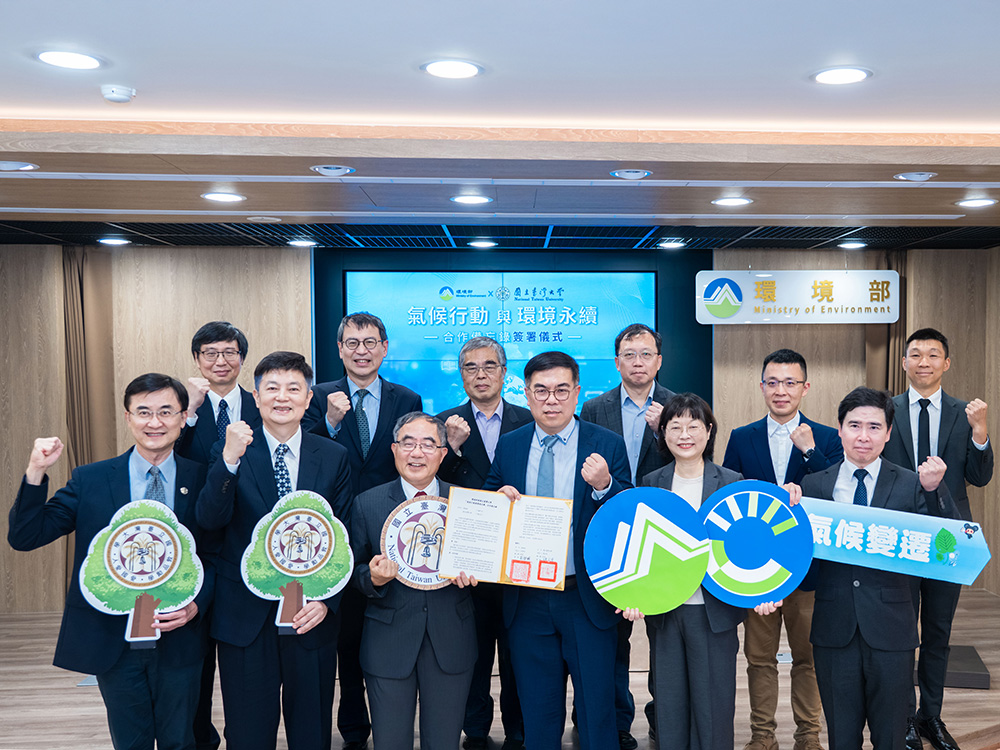
NTU and Ministry of Environment Sign MOU to Advance Net-Zero Transition and Environmental Resilience
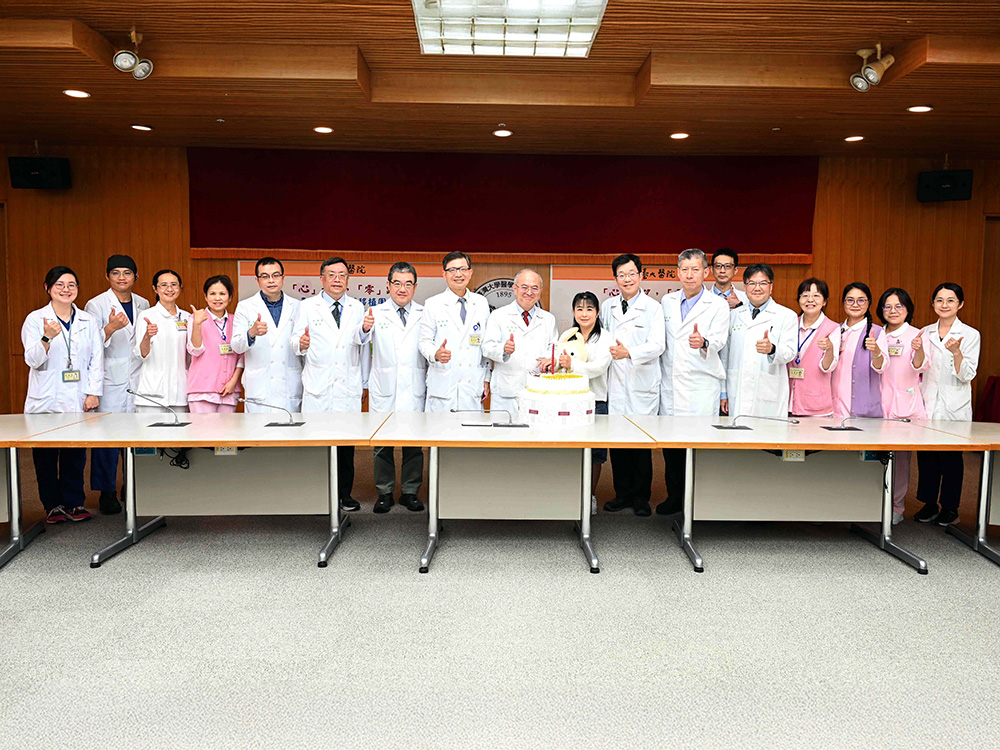
NTU Hospital’s Cardiac Transplant Team Pioneers Beating Heart Transplant with Zero Ischemic Time
Current Spotlights